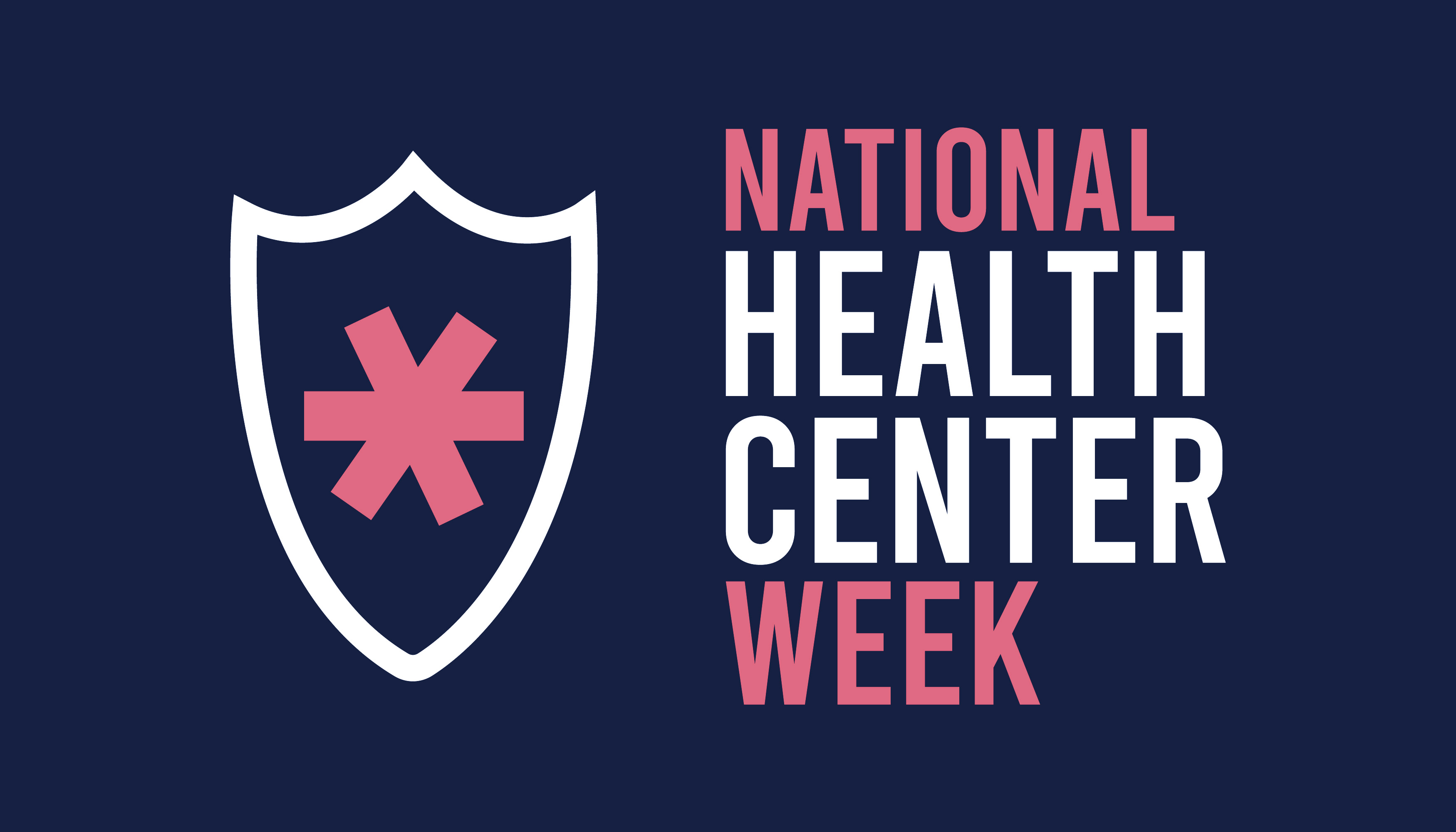 Health Experts in Thailand Urge Public to Consume Less Sodium
Health Experts in Thailand Urge Public to Consume Less Sodium
The average Thai consumes almost twice the recommended daily intake of sodium, according to a recent study. This alarming finding has prompted health experts in Thailand to urge the public to reduce their sodium consumption in order to lower their risk of heart disease and stroke. In an effort to raise awareness about the dangers of sodium, experts are pushing for clearer guidelines on sodium consumption from Thailand’s Health Department.
The study, which was first launched in 2020 in the Phayao province of northern Thailand, revealed that the average Thai consumes 3,636 milligrams of sodium each day. This is much higher than the 2,000 milligrams recommended by the World Health Organization. To obtain a better understanding of sodium consumption across the country, experts plan to expand the survey to other provinces next year.
One major contributor to high sodium intake in Thailand is fish sauce. This salty Asian-style sauce is commonly used in cooking and served at the table as a condiment. In fact, just one tablespoon of fish sauce contains 96% of the maximum daily sodium intake. This highlights the need for individuals to be mindful of their sodium intake, especially when using condiments like fish sauce.
Consuming excessive amounts of sodium has been linked to various health problems, including high blood pressure, kidney issues, heart disease, and stroke. Dr. Krisada Hanbunjerd, President of the Thai Low Salt Network, emphasized the importance of reducing sodium intake to mitigate these risks. He stated that the next survey will be conducted using a sodium-ion meter developed by Mahidol University’s Department of Biomedical Engineering. This specialized meter is specifically designed to measure sodium levels in Thai food.
To ensure that the public has access to this valuable information, the data collected from the surveys will be compiled into guidelines and made available through the Thai Salt Survey mobile application. This will enable individuals to easily track their sodium consumption and make informed choices about their diet.
In conclusion, the study’s findings have shed light on the alarming levels of sodium consumption in Thailand. Health experts are now advocating for a reduction in sodium intake to lower the risk of heart disease and stroke. By providing clearer guidelines and utilizing innovative technology, they hope to empower the public to make healthier choices and improve their overall well-being.

